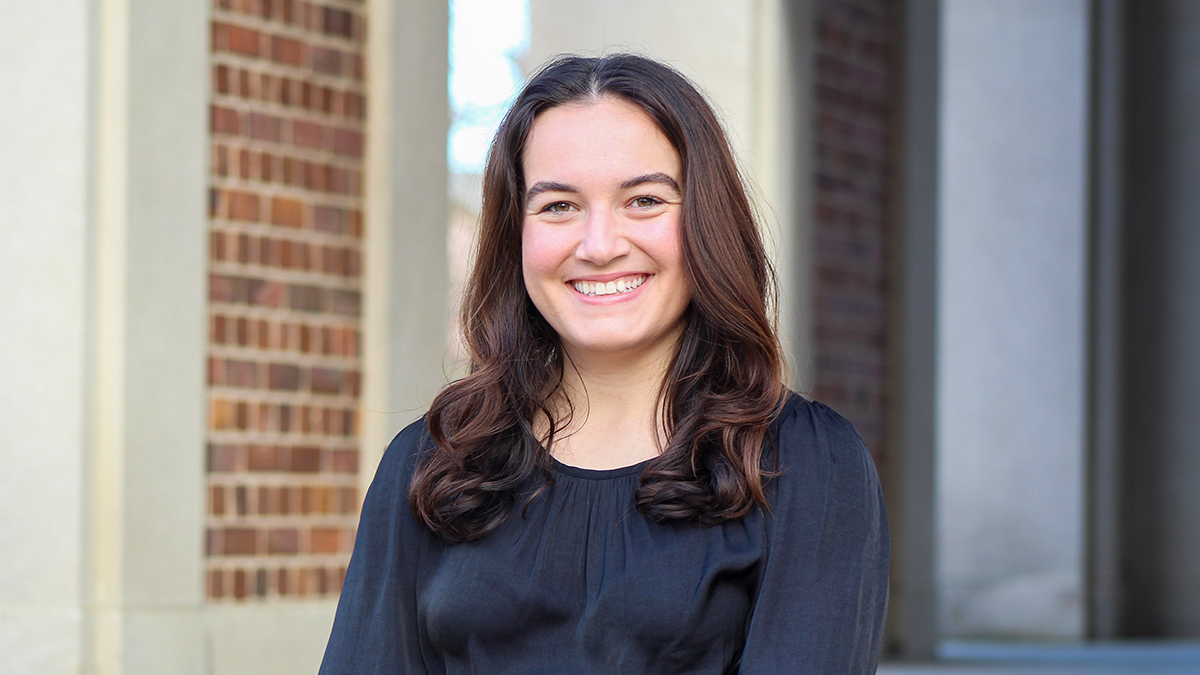PAWS connects for success
UNC PAWS, a pet shelter/dog-training program from UNC-Chapel Hill's Center for Excellence in Community Mental Health, helps socialize dogs for adoption.
There are obvious plusses to petting a dog: decreased blood pressure, lowered heart rate, lowered cortisol levels resulting in less stress, smiles.
At UNC PAWS, a new shelter-to-pet program at UNC-Chapel Hill’s Center for Excellence in Community Mental Health, clinicians amplify those benefits by connecting shelter dogs with people who suffer from addiction disorders, depression and schizophrenia, among other severe mental illnesses.
The program – unique to a University setting – lasts 12 weeks and has the added benefit of saving dogs’ lives, socializing them for adoption and setting them up with permanent homes. In the coming months, UNC PAWS will also establish a puppy development center.
“We already have people waiting who want to adopt UNC PAWS dogs,” said Alice Lockhart, director of communications for the Center. “And clients (patients) experience responsibility and gain self-confidence, empathy, job skills and a sense of accomplishment.”
Upon entering the program, clients receive instruction about how to socialize shelter dogs for adoption — in essence, becoming trainers. Next, they meet dogs that are hand-selected from the Chatham County Animal Shelter and whose lives the clients will effect in a tremendous way.
For the duration of the program, the dogs get two hours of daily one-on-one training with the clients, broken up into morning and afternoon sessions. At the 40-acre Farm at Penny Lane in Pittsboro, the home of UNC PAWS, clinicians work alongside the clients to reinforce what they have learned and assist when needed.
But the clients are in control of the training.
The commands the dogs learn are basic: sit, stay, come, down, leave it. The dogs are crate-trained and are rewarded for positive behavior with Cheerios, a more affordable alternative to dog treats. Once the dogs are fully trained and vaccinated, an adoption coordinator searches for their permanent home.
The inaugural session culminated in August and saw a 100 percent success rate in dog placement.
Meanwhile, client feedback and outcomes have been positive, with all eight clients graduating from the program and receiving a personal, touching thank you from workers at the Chatham County shelter for saving a dog’s life. One client gained employment after listing UNC PAWS on her resume.
UNC PAWS program manager Bryan Ragan said clients find plenty of meaning in the program, too.
“Somebody with depression or anxiety might have issues where they say to themselves, ‘You’re not worth anything,’” said Ragan. “If you don’t have a reason to get out of bed in the morning, it just makes you more depressed; it’s a vicious cycle. Having them come here breaks that cycle and gives them what we call unconditional positive regard, in which they understand that the dog does not care what you did this morning and does not care what mistakes you might have made.”
“That sense of altruism they have knowing that because they came, one more dog didn’t have to be put down at the shelter, and that sense of meaning, it gives a client an unparalleled sense of purpose. That self-esteem booster is vital to many clients.”
The Center embraces the idea that not all therapy works equally on all people. That is why, through UNC PAWS, Ragan tries to harness the power of the human-animal bond for good, foster it, and utilize it for therapeutic benefit.
“The sort of opening of a person [that we see here], that is why I do this job.”
To learn more about the program, visit http://www.med.unc.edu/psych/cecmh.
If you are interested in adoption, contact: Sunny Westerman at Sunny_Westerman@med.unc.edu.




